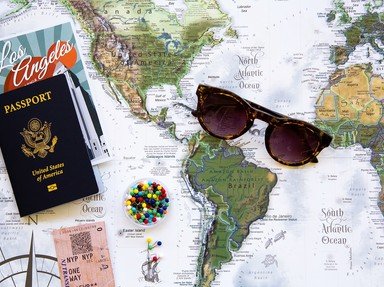Quiz Answer Key and Fun Facts
1. Which German playwright is the most modern of these?
2. Which of the following was written by German writer Hermann Hesse?
3. Which of Goethe's works was once banned in some parts of Europe due to its potential to inspire suicidal behavior?
4. Which of these German writers is most associated with poetry?
5. Which writer spoke German, but was not born in Germany?
6. What is the "Sturm und Drang" literary movement associated with?
7. Which German writer is commonly accredited with creating the literary genre of a Bildungsroman, which focuses on a protagonist's learning and coming of age?
8. Who wrote the World War One era novel "All Quiet on the Western Front"?
9. Which German opera did NOT take inspiration from German Medieval literature?
10. Which of these literary characters is NOT based on a real person in history?
Source: Author
dersteppenwolf
This quiz was reviewed by FunTrivia editor
looney_tunes before going online.
Any errors found in FunTrivia content are routinely corrected through our feedback system.

